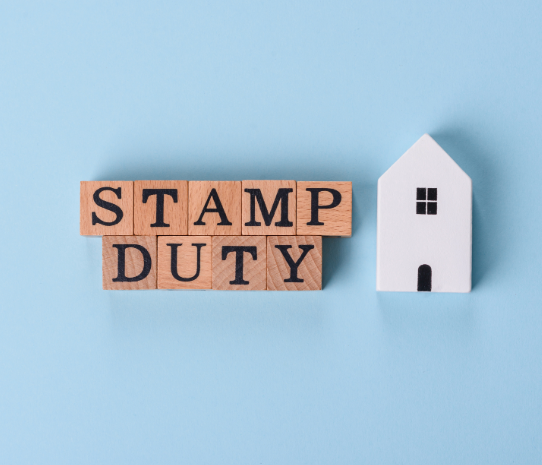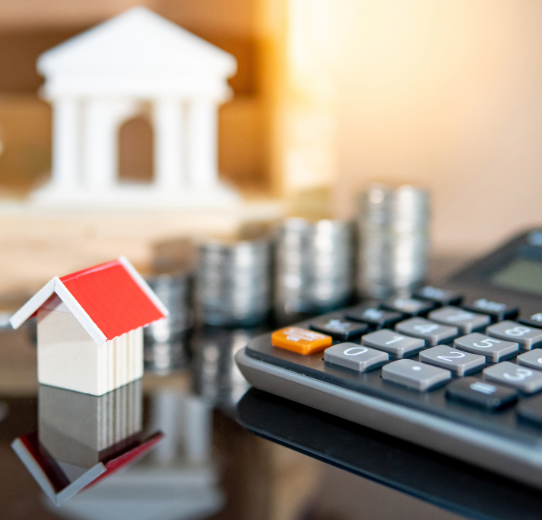Join CityClub
To Access Exclusive Off-Market Opportunities
Understanding Stamp Duty
Stamp Duty Land Tax (SDLT) is a government tax payable when purchasing property or land in England above a specified price threshold. The tax applies regardless of whether the property is bought outright with cash or financed through a mortgage.
SDLT is calculated based on the following factors:
- Purchase price of the property
- Type of property (residential, commercial, or mixed-use)
- Buyer status ( first-time buyer, purchasing an additional property, or a company, etc)
By law, SDLT must be submitted to HMRC and paid within 14 days of the property transaction being completed. In most cases, your solicitor, licensed conveyancer, or agent will handle the submission of the return and payment on your behalf. The amount due is usually collected as part of the completion process and included in your final statement of fees.

How Much is Stamp Duty For a Limited Company?
The rate you pay will depend on the type and price of the property you are buying. If you are buying a residential property through a limited company, then the higher rates of stamp duty will apply if the property is valued at over £40,000, or if the property has a lease with less than 21 years remaining.
Limited Company Stamp Duty Rates
As of 1 April 2025, the higher rates of SDLT are:
up to £125,000 = 5%
£125,001 – £250,000 = 7%
£250,001 – £925,000 = 10%
£925,001 – £1.5 million = 15%
Over £1.5 million = 17%
*These rates include the 5% surcharge on top of the usual rates for the extra charge when purchasing additional properties.
If you are purchasing a residential property for more than £500,000 through a limited company, stamp duty will be charged at the highest 17%, unless the company is acting as a trustee of a settlement.

Stamp Duty Relief
Some people may be entitled to stamp duty relief from the 17% rate if they meet any of the criteria. Some of the factors to benefit from the relief are: if the purchase is part of a property rental business, the purchase is used in a trade that involves making the property available to the public, the property is occupied by employees in the limited company, or it is currently or is going to be a farmhouse. These are just some of the criteria considered in qualifying for stamp duty relief. Explore the full criteria here.

Do You Have To Pay Stamp Duty on Commercial Properties?
Purchases made on commercial or mixed-use properties are still subject to stamp duty. You will be required to pay the non-residential SDLT rates calculated based on the price of the property.
The current stamp duty rates for freehold commercial properties are below:
0% up to £150,000
2% from £150,001 to £250,000
5% above £250,000
However, if you purchase a leasehold property, stamp duty rates are calculated differently. They take into consideration the price of the lease (and use the rates above) and the amount of rent you pay (net present value).
The rates for the amount of rent you pay are below:
0% up to £150,000
1% from £150,001 to £5,000,000
2% above £5,000,000
These two considerations are calculated separately and combined to determine how much stamp duty is required on the purchase.

Explore our Investment Guides
Take a look
As Seen In
Join CityClub Today to Receive:
- Priority access to exclusive off market investments
- Below market value pricing
- Out of hours investor support chat
- Allocated solicitor for hands free conveyancing

















